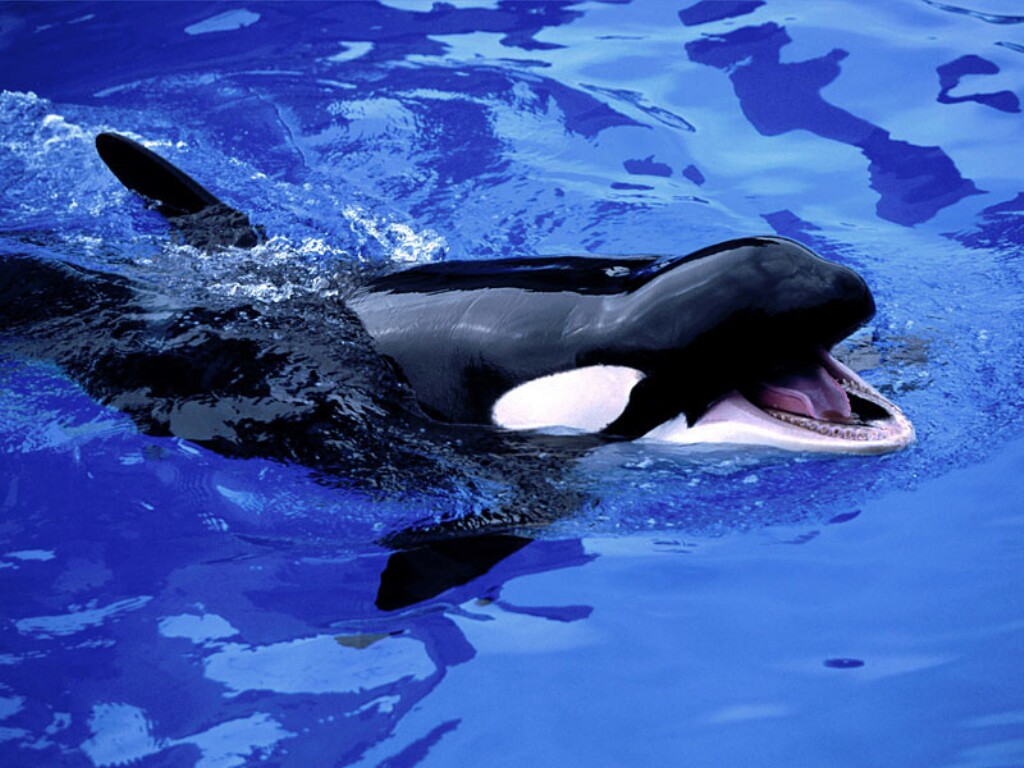
:max_bytes(150000):strip_icc()/136139921-56a5f70a5f9b58b7d0df4fe8.jpg)

Orca whale windows#
The cookie is a session cookies and is deleted when all the browser windows are closed. The cookie is used to store and identify a users' unique session ID for the purpose of managing user session on the website. This cookie is native to PHP applications. It is used for advertising, site analytics, and other operational purposes. This cookie is set by Microsoft to recognize unique web browsers that visit Microsoft sites. This cookie is set by Microsoft to identify a particular session. The JSESSIONID cookie is used by New Relic to store a session identifier so that New Relic can monitor session counts for an application. This is a security cookie set by Force24 to detect BOTS and malicious traffic. Squarespace sets this cookie to prevent cross-site request forgery (CSRF). It works only in coordination with the primary cookie. Records the default button state of the corresponding category & the status of CCPA. This cookie is used to manage the interaction with the online bots. This cookie is set by the provider Akamai Bot Manager. This cookie is managed by Amazon Web Services and is used for load balancing. This cookie is set by the Google recaptcha service to identify bots to protect the website against malicious spam attacks. This cookie is used to detect and defend when a client attempt to replay a cookie.This cookie manages the interaction with online bots and takes the appropriate actions. This is an anti-forgery cookie used for preventing cross site request forgery attacks. This cookie is set by web application built in ASP.NET MVC Technologies. These cookies ensure basic functionalities and security features of the website, anonymously. Necessary cookies are absolutely essential for the website to function properly. And they are actually the largest member of the dolphin family. They care for old and sick individuals in their pod. These marine mammals are not mindless killers, but highly intelligent predators hunting in co-ordinated raids. Orcas are also known as killer whales, but this name is misleading. But orcas from different areas of the world can have languages as different as French is from Cantonese. Talking in clicks and squeaks, each pod has its own distinctive dialect – similar to regional accents. Some of these distinct populations are faring better than others, with a few populations having experienced a decline of 30% or more, which would lead to them being treated as endangered, such as is the case of the Strait of Gibraltar subpopulation which has been considered by the IUCN as Critically Endangered since 2019. Some orca populations show differences in their genetic make-up and behaviour that make them quite distinct from each other. But there is much discussion going on at the moment about whether there are in fact several species or sub-species of orcas. There are tens of thousands of individuals spread throughout the world’s oceans and, taken as a whole, they appear to be doing well. For instance, one pod might have perfected their seal-hunting skills over many generations and focus only on seals, while another pod might be awesome at chasing down salmon, and so they ignore everything else. But often a pod will specialise in eating just one type of animal.

They eat a variety of different prey, including fish, seals, dolphins, sharks, rays, whales, octopuses and squids. Orcas hunt in packs, co-ordinating their feeding raids with incredible skill. This knowledge forms a kind of orca ‘culture’, handed down from generation to generation. Adult members of the pod teach the young these essential life skills, and one day they will pass on these skills to their own children. To be a successful orca, you need to master a huge range of skills: hunting tactics, social interaction, knowledge of feeding and breeding grounds, and migration routes. The eldest female orca is in charge, telling the group when and where to feed. Calves do not leave their mothers’ sides when they become adults, and you’ll sometimes find pods containing four generations. Orcas live in family pods of up to 50 individuals. Males have longer dorsal fins – up to two metres – that’s taller than most humans. It breaks up their appearance and makes them harder to see in the water.īut above water, orcas’ tall dorsal fins make them easy to spot when they’re swimming close to the surface. This patterning works like camouflage, from above and below. Which is where an orca’s black-and-white colouring is useful. If you’re an eight-metre-long, six-tonne predator, sneaking up on a tasty herring can be a tricky business.


 0 kommentar(er)
0 kommentar(er)
